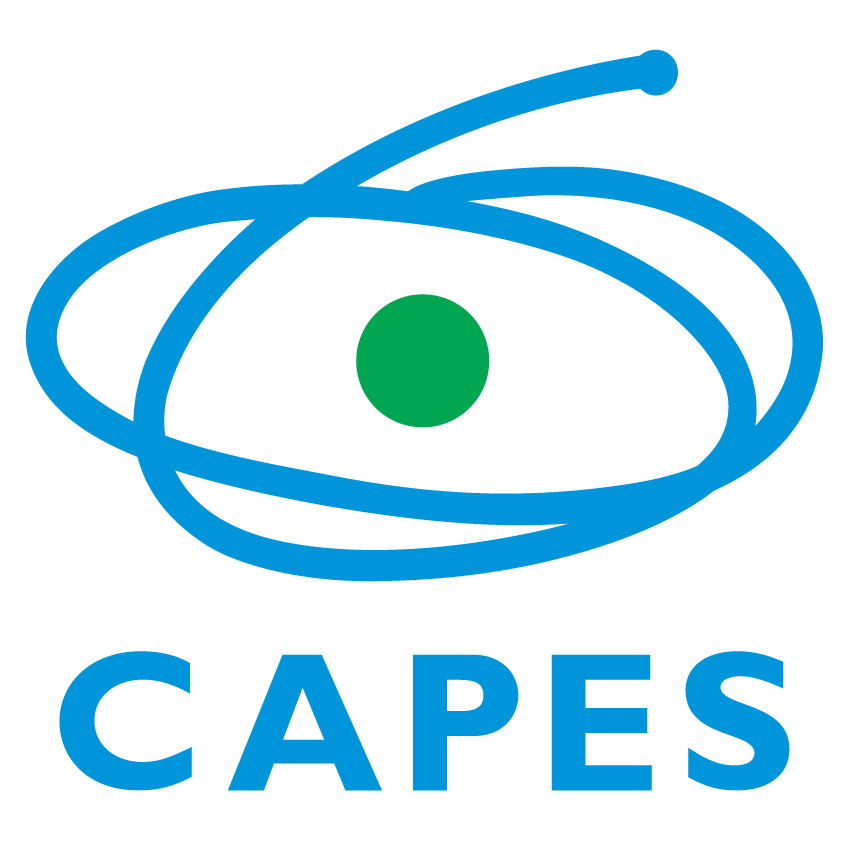Uso assertivo de narrativas transmídia e de Tecnologias da Informação e Comunicação como ferramentas para fomento da aprendizagem
DOI:
https://doi.org/10.58422/repesq.2021.e1102Keywords:
Transmedia Storytelling. Technology. Information. Communication. EducationAbstract
As inovações tecnológicas e as concepções sociais contemporâneas virtuais, digitais, efêmeras, competitivas, imagéticas favorecem o desenvolvimento de novos processos educacionais, e a inclusão dessas tecnologias como ferramentas para fomento do aprendizado. Educadores, pais, crianças e profissionais produtores desses conteúdos estão envolvidos no processo. O estudo objetiva reflexão sobre as características dos nativos digitais, crianças, jogadores, espectadores, consumidores, e também dos produtores de conteúdo, que demanda equipe multidisciplinar de produtores de histórias, audiovisual, jogos. Através de revisão bibliográfica e análise e síntese de conteúdos, observa-se e constatam-se mudanças das ações na formação e na importância das Narrativas Transmídia para os indivíduos dessa geração, e de que esses produtos já fazem parte de suas vidas e seu uso pode ser benéfico, se mediado, direcionado e planejado, pelos responsáveis, educadores e pela equipe de profissionais que os produz.
Palavras-chave: Narrativa transmídia. Tecnologias. Informação. Comunicação. Educação.
References
BAUMAN, Z. Modernidade líquida. Rio de Janeiro: Jorge Zahar. Ed, 2001.
BECERRA, H.; MIGUEL, F. J. R. S.; GUTIÉRREZ-MARÍN, I. El sector de la animación: sus fases de producción y nuevas tendencias. Dilemas contemporáneos: Educación, Política y Valores, año II, n. 3, art. 9, 2015. ISSN 2007-7890.
BIZELLI, J. L. Inovação: limites e possibilidades para aprender na era do conhecimento. São Paulo: Cultura Acadêmica, 2013. ISBN: 978-85-7983-477 (recurso eletrônico). Disponível em: http://culturaacademica.com.br/_img/arquivos/9788579834776.pdf. Acesso em: 10 jun. 2016.
BRASIL. Ministério da Educação e do Desporto. Referencial Curricular Nacional para Educação. Brasília: MEC/SEF,1998. v. 1.
DELEUZE, G.; GUATARI, F. Rizoma. Jornal Liberácion, 23 out. 1980. Disponível em: https://www.rizomas.net/component/taxonomy/tag/Deleuze.html. Acesso em: 10 abr. 2018.
FREIRE, P. Pedagogia da autonomia: saberes necessários à prática educativa. 51. ed. São Paulo: Paz e Terra, 2015.
GOMEZ, J. Identikit de las narrativas transmediáticas. Disponível em: https://hipermediaciones.com/2010/04/03/identikit-de-las-narrativas-transmediaticas-segun-jeff-gomez/. 2010. Acesso em 20 jan. 2018.
JENKINS, H. A cultura da convergência. São Paulo: Aleph, 2008.
LEVY, P. Inteligencia Colectiva: por uma antroplogia del ciberespacio. Bibioteca Virtual em Salud, BIREME/OPS/OMS. Washington, 2004.
MARTINO, L. M. S. Teoria das mídias digitais. 2. ed. Rio de Janeiro: Editora Vozes, 2015.
NAKAGAKI, M. Attitudes toward the use of ICT in schools in Japan. 2014. Disponível em: http://www.childresearch.net/data/school/2014_01.html. Acesso em: 15 jun. 2017.
PRATES, R. O.; BARBOSA, S. D. J. Avaliação de interfaces de usuário: conceitos e métodos. Disponível em: http://homepages.dcc.ufmg.br/~rprates/ge_vis/cap6_vfinal.pdf. Acesso em: 14 jul. 2016.
PRENSKY, M. Aprendizagem baseada em jogos digitais. São Paulo: Senac, 2012.
PRENSKY, M. Imigrantes digitais nativos digitais. On the Horizon University Press, v. 9, n. 5, 2001.
RENÓ, D. Cinema interativo e linguagens audiovisuais interativas: como produzir. Tenerife: Editora ULL, 2011.
SANTAELLA, L. Linguagens na era da mobilidade. São Paulo: Paulus, 2007.
SCOLARI, C.A. Narrativas transmedia. Cuando todos los medios cuentan. Barcelona: Centro Libros PAPF, 2013.
SERRES, M. Polegarzinha. Rio de Janeiro: Bartrand, 2013.
VYGOTSKY, L. S. A formação social da mente. São Paulo: Martins Fontes, 1993.
Downloads
Published
How to Cite
Issue
Section
License

This work is licensed under a Creative Commons Attribution 4.0 International License.
Revista Eletrônica Pesquiseduca, Revista do Programa de Pós-Graduação em Educação - Universidade Católica de Santos (ISSN: 2177-1626) é detentora dos direitos autorais de todos os artigos publicados por ela. A reprodução total dos textos em outras publicações, ou para qualquer outro fim, por quaisquer meios, requer autorização por escrito do editor. Reproduções parciais de artigos (resumo, abstract, mais de 500 palavras de texto, tabelas, figuras e outras ilustrações) deverão ter permissão por escrito do editor e dos autores.










